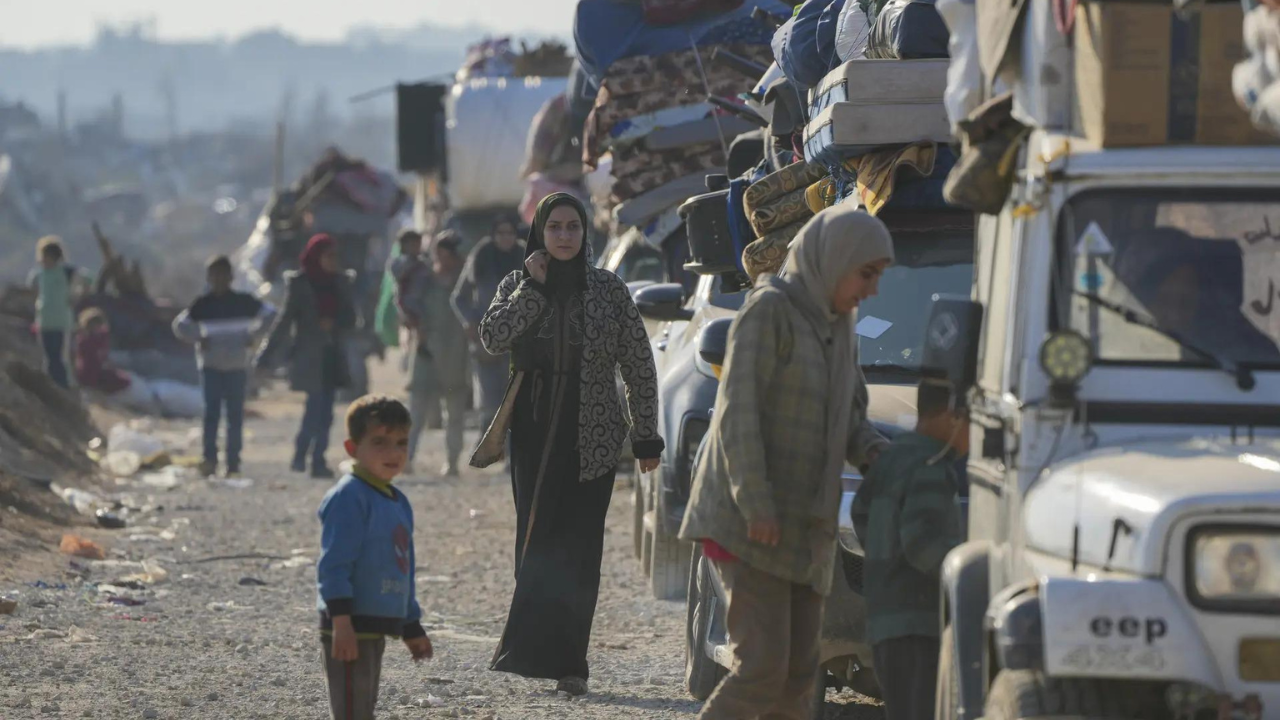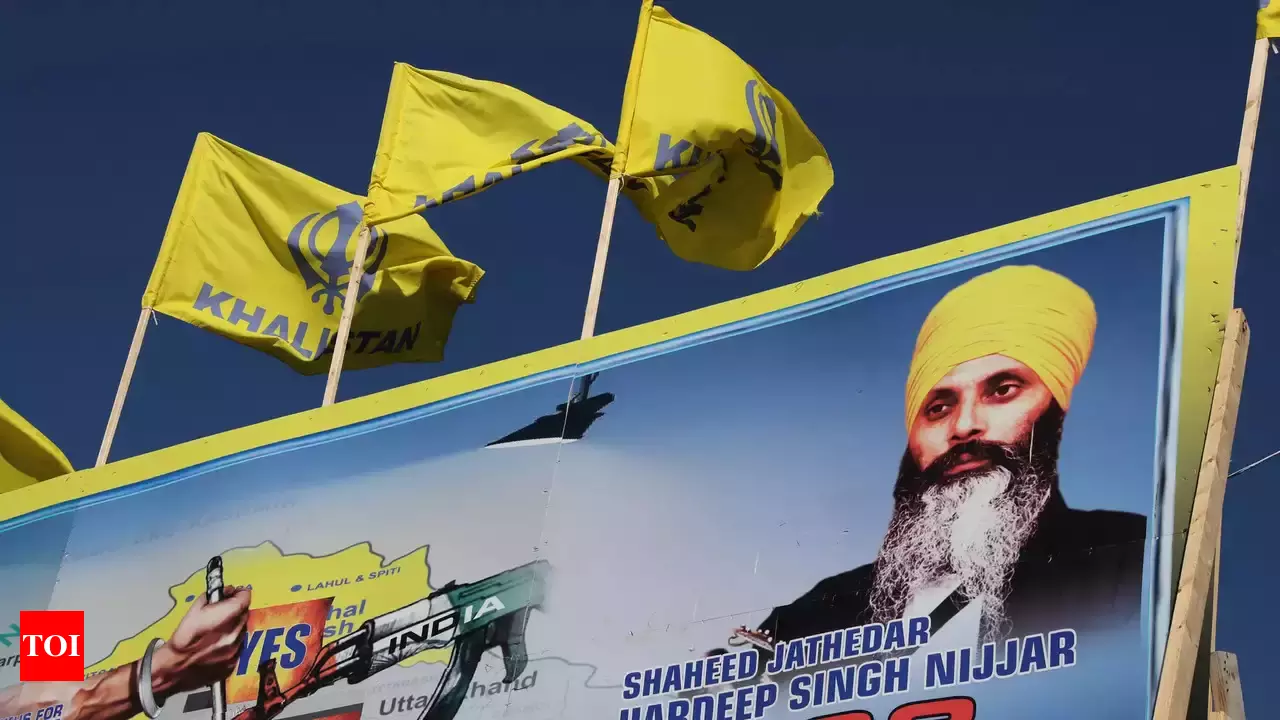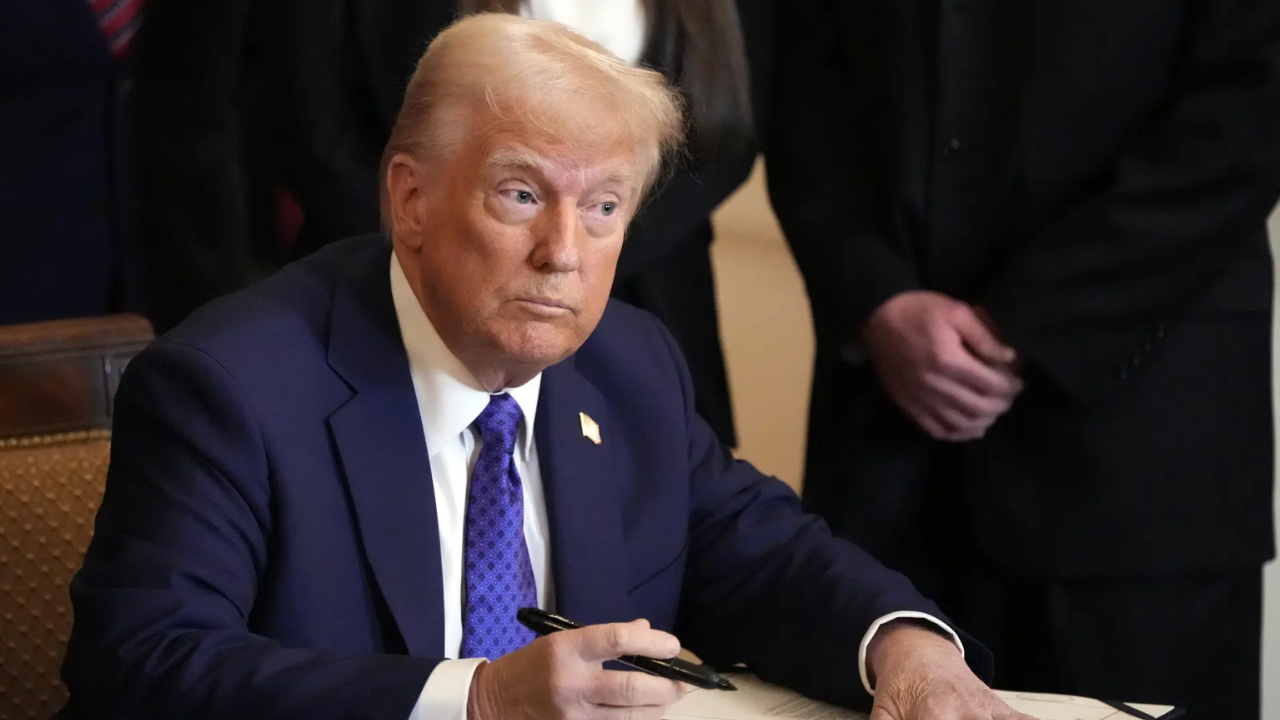Opinion: Trump's European Snub: A U-Turn On Ukraine, Nixing NATO

Join our WhatsApp Community to receive travel deals, free stays, and special offers!
- Join Now -
Join our WhatsApp Community to receive travel deals, free stays, and special offers!
- Join Now -
As we mark three years of the Russian invasion of Ukraine, here's a look at Trump 2.0's Europe shakedown and his move to seek a rapprochement with Russia.
United States President Donald Trump's recent initiative on Ukraine did many things in one go—from widening the Atlantic to fording the oceanic divide with Russia. It also underlined the age-old aphorism: “one week is a long time in politics”, overlaying it against his own earlier “truthful hyperbole” of stopping the Russia-Ukraine conflict “in a day”.
His race against the clock began in earnest on Wednesday, February 12, with an hour-long call with Russian President Vladimir Putin, in a Western doghouse for his invasion of Ukraine. Six days later, on February 18, the action shifted to Riyadh, the Saudi Capital, where American and Russian Foreign Ministers held their first bilateral talks in three years. These lasted four hours and were mostly aimed at de-escalation of the Russia-Ukraine conflict and a rapprochement between Moscow and Washington. While no immediate breakthroughs were announced, the two sides broadly agreed to pursue three goals: to restore staffing at their respective embassies, to create a high-level team to support Ukraine peace talks; to explore closer relations and economic cooperation, as well as readmitting Russia to G7+1. Even a Trump-Putin Summit at a hitherto unspecified date was hinted at.
A Clear Message To Ukraine
An even bigger impact of these events in Week Four of Trump 2.0 was felt in Europe, particularly by Ukraine being conspicuously kept out of the loop – leading to its President, Volodymyr Zelenskyy, indignantly declaring that Ukraine was not bound to honour any solution to the conflict reached without her participation. Moreover, the Trump administration also pressed Ukraine for a bilateral agreement providing the US companies preferential access to its natural resources, including rare earth elements to reimburse the American aid, put at $500 billion that sustained its conflict with Russia. The agreement terms were reportedly rejected by President Zelenskyy, insisting on American security guarantees for Ukraine. (For the record, the total aid allocations by all donor governments to Ukraine during the war as of Dec 2024 amount to €267 billion, or about €80 billion per year. In particular, the US and Europe each rendered almost equal amounts of around €63 billion in military support. Europe surpassed the US in financial and humanitarian aid allocations (€70 billion vs. €50 billion).
'A Modestly Successful Comedian'
These tense exchanges were further weaponised with President Trump calling President Zelenskyy “a modestly successful comedian” who is “a dictator with only a 4% approval rating”. He even blamed President Zelenskiy for starting the war. Zelenskyy, in turn, accused Trump of living under the Russian misinformation space. In a recent speech at the Munich Security Conference, US Vice President J.D. Vance declared that the Ukrainian demands to join NATO and return all its territories from Russia were “unrealistic”. Separately, President Trump ruled out sending US troops to Ukraine. One is entitled to wonder if the current Washington-Kiev pyrotechnics were noisier than the ones on the killing fields of Ukraine.
Although Donald Trump has never made a secret of his intention to seek a rapprochement with Russia, the speed, context and manner Trump 2.0 has undertaken this drive has shocked the European members of the North Atlantic Treaty Organisation (NATO). Firstly, it was an article of faith for them that NATO, with the US underpinning, would collectively protect them from Russia. Many of them also believed that Ukraine was fighting their war and joined in with the Biden administration to support and sustain Kyiv militarily and in myriad other ways. They were horrified by the unilateralism and alacrity shown by Trump 2.0 to swing the pendulum to another extreme and fast-forward mending its fences with Russia, without even a nod and wink towards them.
The 'Threat From Within'
Secondly, Trump & Co. have hectored the European NATO members about “threat from within” for accepting large-scale immigration and indulging in ill-conceived liberalism. He also put them on notice that the US would not continue to do the heavy lifting for Western Europe's defence. They must stop “ripping off” the US and raise their defence outlays to 5% of the GDP from less than 2% at the moment. While such American moralising is not new, the Trump 2.0 unilateral actions and conditioned utterances have seared the European establishments. They also question the US airing the concessions on NATO and Ukraine even before the beginning of the formal negotiations with Russia. They point out that they are currently tackling economic headwinds amidst the rise of the extreme right. They have been rudely shaken by the prospects of deterring a resurgent Russia without the Pentagon's anchor. While the large five West European NATO members express their resolve to continue supporting Ukraine and pledged $20 billion in assistance, there is perceptible panic in the Russia-facing part of the 32-member alliance at the prospect of their ‘Finlandisation'. At a fundamental level, this chasm across the Atlantic shakes up the 75-year-old collective security architecture enshrined in NATO.
Russia has, perhaps deliberately, addled this witches' brew by declaring that it intends to make no concessions, territorially or otherwise. Moscow has also intensified its military campaign with the apparent aim of leveraging the rift in the NATO alliance, and shortages of Ukrainian manpower and defence equipment. In particular, they hope to liberate a part of the Kursk salient that Ukraine overran last autumn to prevent it from being used as a bargaining chip at the negotiation. Moscow has ruled out NATO troops in any form for peacekeeping in Ukraine.
Madman Negotiations?
Trump's bark is often worse than his bite, and his over-the-top opening overtures are part of a gaming ‘madman negotiating strategy' to awe the opponent into making concessions. However, Trump 1.0 is replete with disastrous stratagems, including a tariff war with China, engagements with North Korean leader Kim Jong Un and an Afghanistan troop withdrawal agreement with the Taliban, all showing the naivety of his transactional approach to geopolitics.
As we mark three years of the Russian invasion of Ukraine, it's easy to see its calamitous impact on the two combatant nations. While the estimates vary wildly, the cumulative combined losses of the two armed forces in the past three years are estimated at around 150,000. A similar number of civilian deaths or missing, mostly Ukrainians is speculated. They have suffered enormous economic losses: Ukraine's losses due to war damage have made it Europe's poorest GDP per capita country. Russia's much bigger economy has also suffered as it faced headwinds from over 21,000 Western sanctions in the wake of its aggression, distorting its longstanding global symbiosis and requiring its economic and commercial reorientation.
Forced To Take Sides
The war has had profound and multisector regional and global impacts ranging from lower growth, higher inflation, a spurt in weapon transfers, and disrupted supply chains, particularly of hydrocarbons, agro-commodities, precious stones and metals, etc. It has caused economic deglobalisation and political repolarisation the world over, with most countries resenting being corralled into taking sides.
As geostrategic chips begin falling, a possible solution may freeze the conflict without a long-term resolution of the contentious underlying complexities. Russia would most likely retain a fifth of Ukrainian territories, mostly Russian-speaking areas of the east already under its control. While Ukraine would not join NATO, it would be offered a consolation prize in the form of security guarantees through a UN Security Council resolution. An EU membership and a dollop of post-war reconstruction assistance may also be on the cards for a 'Finlandised' Ukraine. Cynically, it may suit most stakeholders to cast Zelenskyy as a “useful idiot” to be blamed for the bloody conflict and replaced. The process of Russia's reintegration with the West would resume, impetused more by the need to wean it away from West's baddies such as China, Iran and North Korea than for any genuine change of hearts.
Will The Conflict Really End?
Either way, the Ukraine-Russia conflict, the first war in Europe since 1945, may have a profound long-term impact. The bruised combatants may lick their wounds and continue their conflict through non-military means. Buffeted by Russian triumphalism and US isolationism, Europe may see realignments. At one extreme, a siege mentality may force Europe into combined militarisation with the UK, France and Turkey among the beneficiaries. Depending on external stimuli, a vertical division into pro-US and pro-Russia camps can also not be ruled out. Countries of the former Soviet Union with sizable Russian minorities may need to “manage” them better than Ukraine did.
The conflict's resolution offers many discerning lessons. Firstly, as the US volte face has shown, international alliances are often unreliable and duplicitous. Secondly, extensive usage of new weapon systems such as killer drones and hypersonic missiles, involvement of foreign troops and mercenaries, extensive psycho-war operations and targeting of civilian infrastructure have created several ‘new normals' for future conflicts. Thirdly, disastrous miscalculations galore from the quick end to Russia's “Limited Special Military Operation” to counterproductive Ukrainian “counteroffensive” are testaments to the continued unpredictability of a conflict even in the current era of near complete technical openness. Lastly, in case the US-Russia modus vivendi holds, Washington may offer carrots to Moscow on such regional issues as containment of China, Iran's nuclear programme, oil prices, the Middle East crisis and production of critical minerals.
What India Should Learn
As far as India is concerned, an early end to the Ukrainian conflict would be conducive to our interests. It would buttress our strategic autonomy by removing the sharpest pain point in our ties with Russia and the United States. It would lessen Russia's dependence on China. Lifting the Western economic sanctions would enable us to boost our economic interactions with Russia. While Russian oil may not be offered to us at a discount, global oil prices are likely to decline as supplies improve. However, for us, the most significant takeaway from the Russia-Ukraine episode is the disruption of the foreign supply chains and financial transaction mechanisms during the conflict. It should reinforce our campaign for 'Atmanirbhar Bharat' (self-reliant India) in these and other critical areas.
(The author is a retired Indian Ambassador who learnt the Arabic language in Damascus. He currently heads Eco-Diplomacy and Strategies, a Delhi-based consultancy.)
Disclaimer: These are the personal opinions of the author
What's Your Reaction?
 Like
0
Like
0
 Dislike
0
Dislike
0
 Love
0
Love
0
 Funny
0
Funny
0
 Angry
0
Angry
0
 Sad
0
Sad
0
 Wow
0
Wow
0















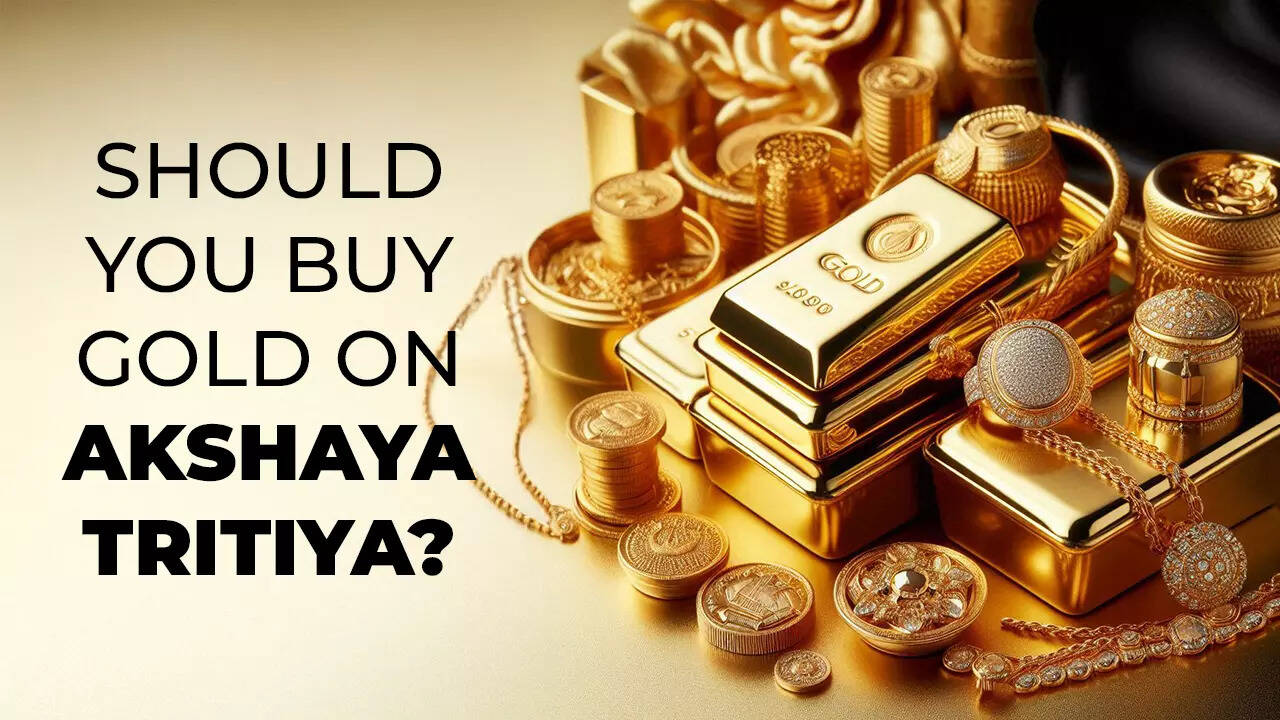
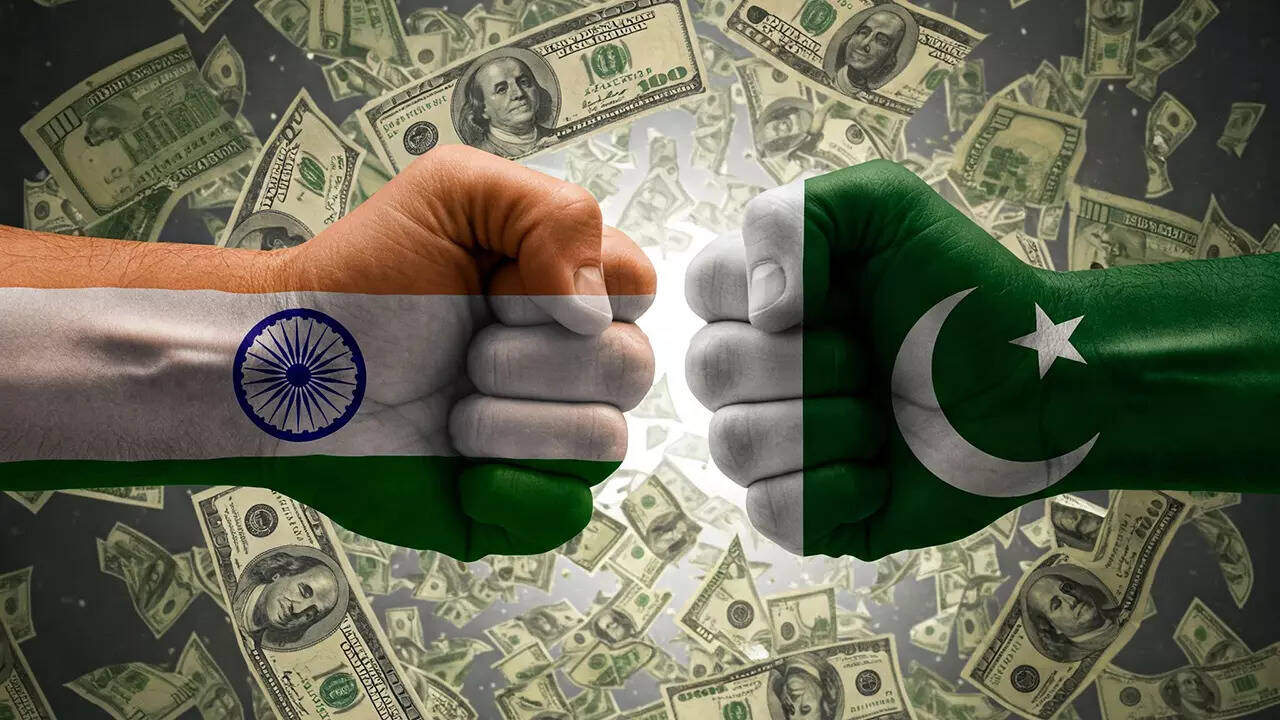
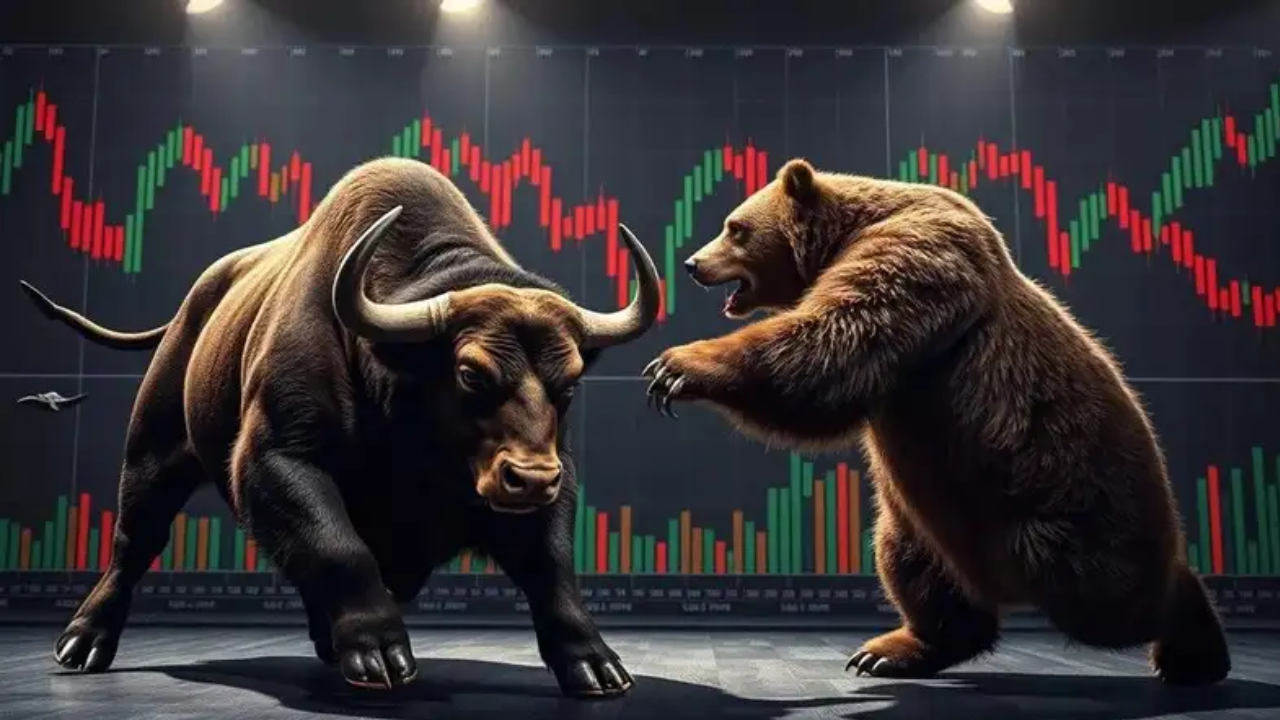












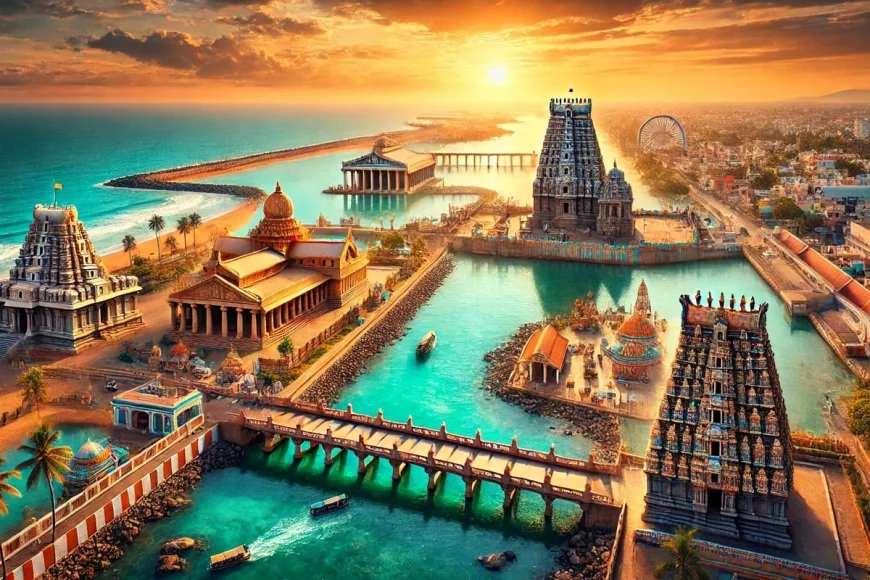
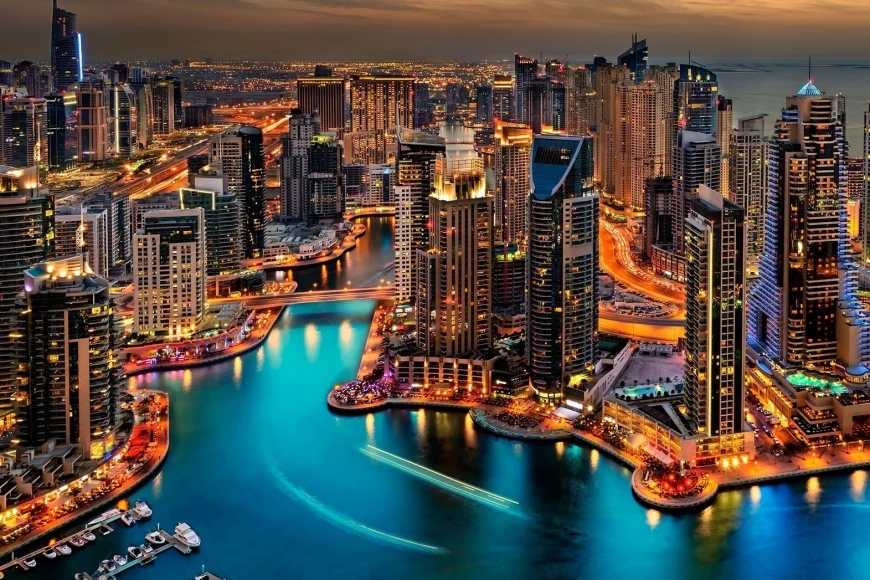



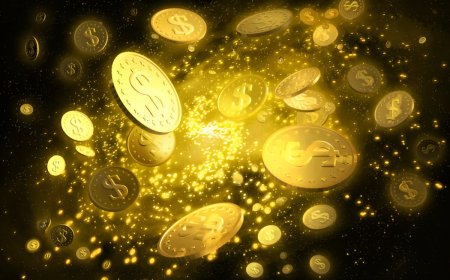

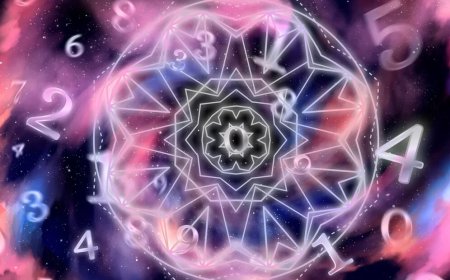


![Today's hottest deals - Kinsley Iron Blue Desk Pot at just Rs.49 [MRP ₹299]](https://savefree.in/uploads/images/202504/image_870x580_680c89dae6fdb.webp?#)



